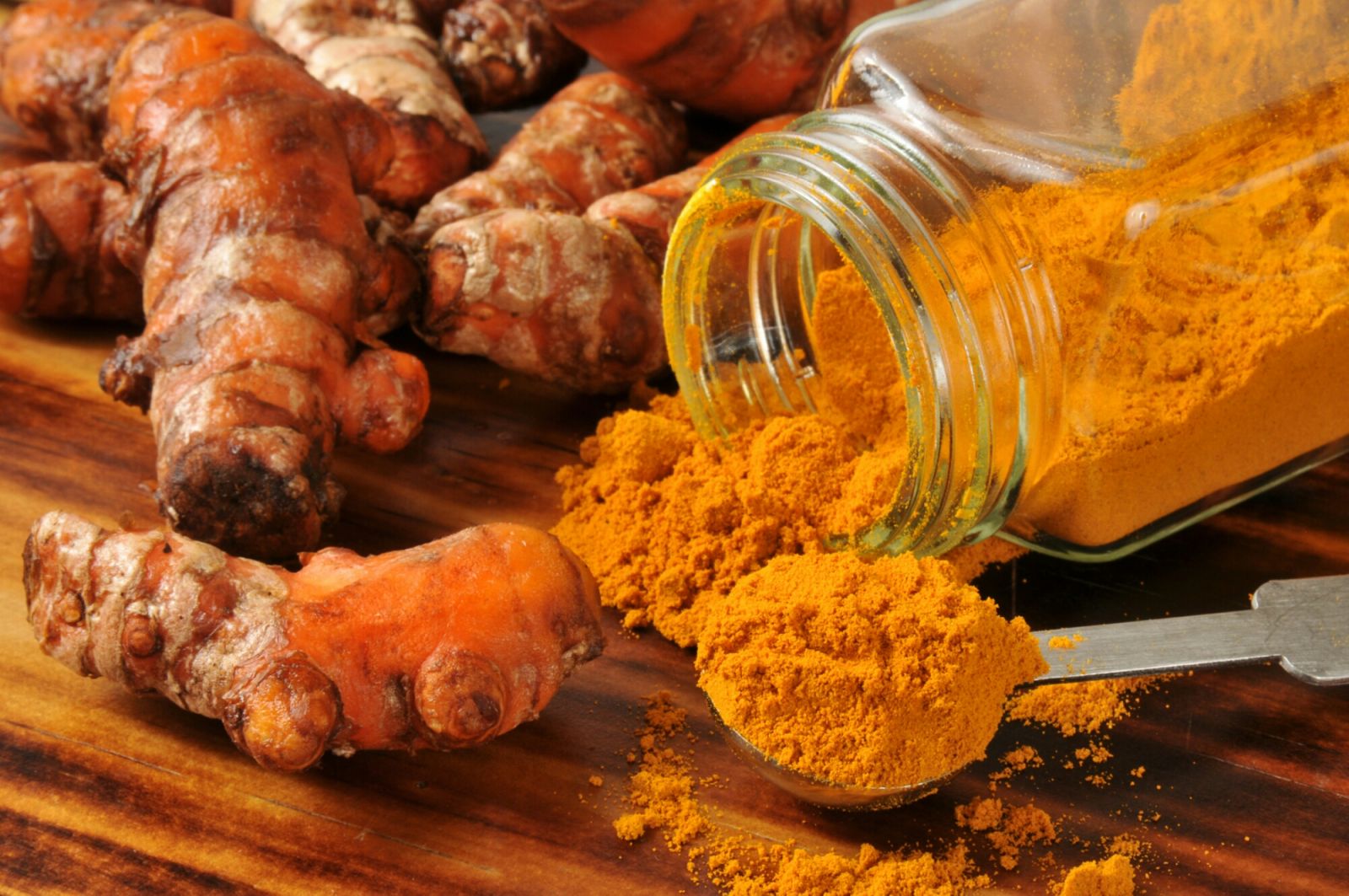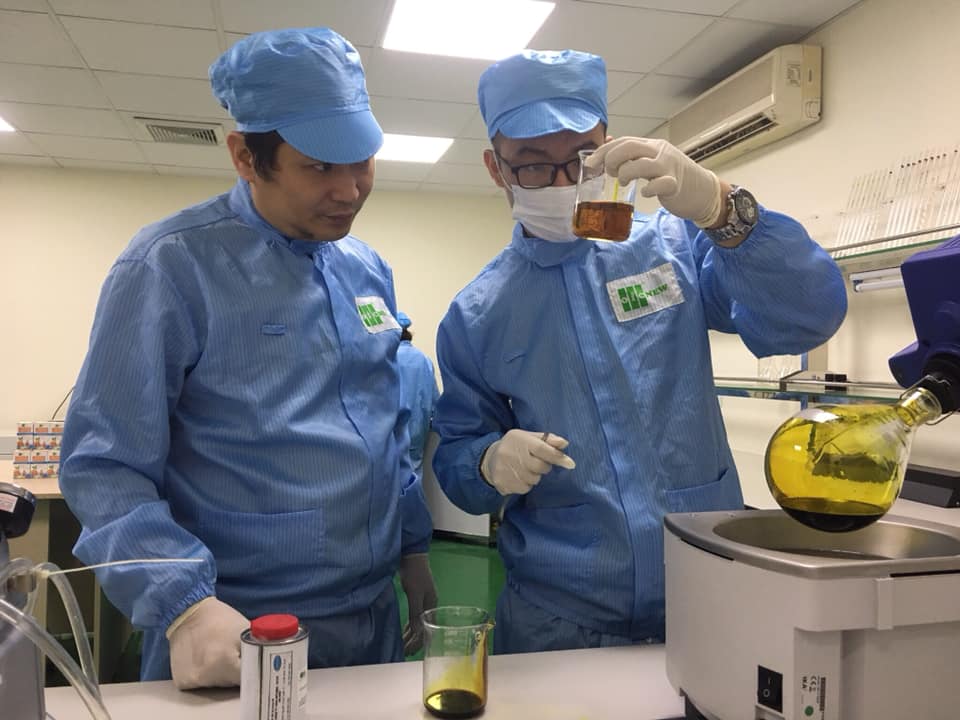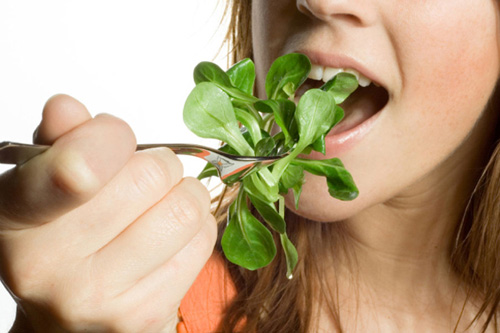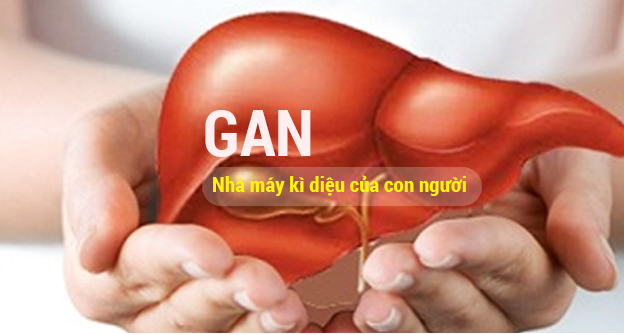Unexpectedly, these very familiar foods have the effect of preventing cancer.
Vitamin C – an antioxidant found in many fruits and vegetables such as grapefruit, oranges, bell peppers, broccoli, helps prevent the formation of cancer-causing nitrogen compounds. A diet rich in vitamin C helps reduce the risk of cancers of the stomach, colon, esophagus, bladder, breast, and cervix.
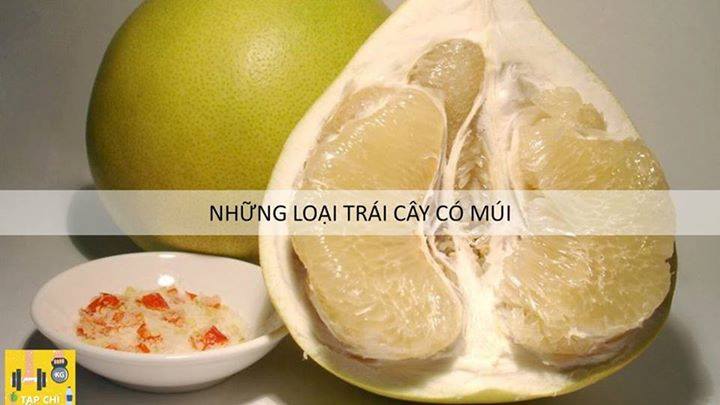
Pomegranate is rich in ellagic acid, which in laboratory studies in animals has shown that ellagic acid helps inhibit cancer cell growth and neutralize cancer-causing compounds. Other foods rich in ellagic acid include raspberries, strawberries, walnuts, pecans, cranberries, and grapes (red, black, purple).
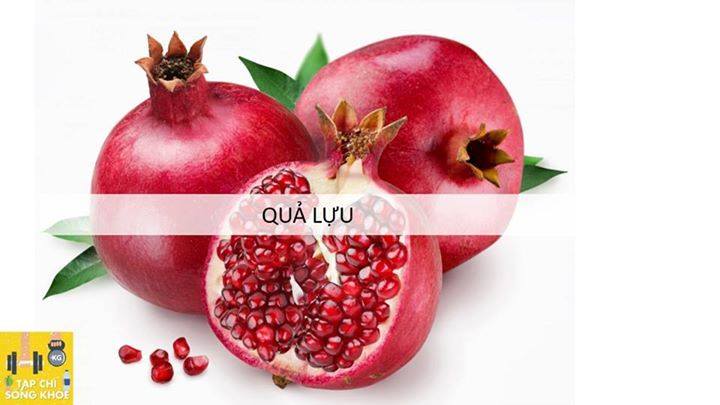
Cruciferous vegetables such as broccoli, cauliflower, and cabbage contain phytonutrients called glucosinolates, which may help inhibit the metabolism of certain carcinogens and stimulate the production of detoxifying enzymes.
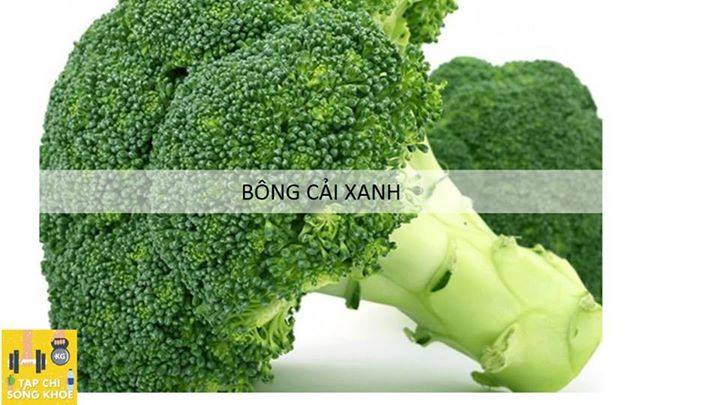
Tea contains compounds called catechins, which help stop the growth of cancer cells and prevent cell mutations that contribute to cancer development. Regular tea drinkers have also been shown to reduce the risk of colon, breast, ovarian, prostate, and lung cancers.
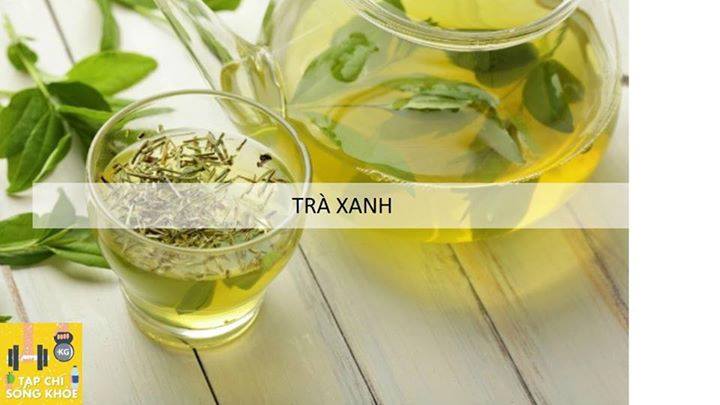
Omega-3 fatty acids may help prevent cancer by inhibiting cancer cell proliferation and disrupting tumor growth. Omega-3 fatty acids also help reduce inflammation, reducing the ability of cells to mutate. Therefore, we should supplement Omega 3 daily from fatty fish, flaxseed.
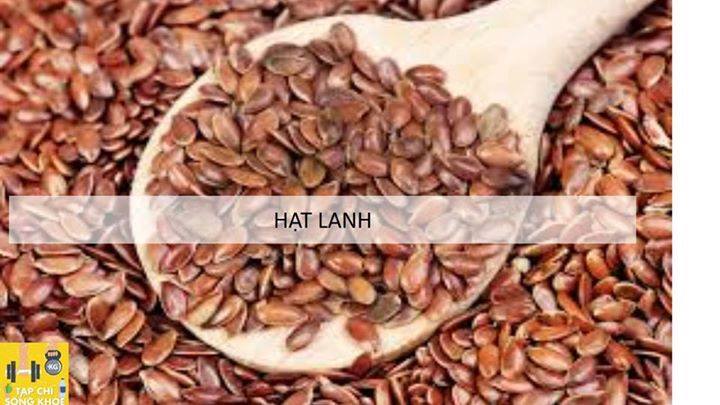
Curcumin, the active ingredient in turmeric, is both an anti-inflammatory and an antioxidant, and it may help prevent cancer. Experiments in animals show that using turmeric helps prevent breast, colon, stomach, liver and lung cancers.
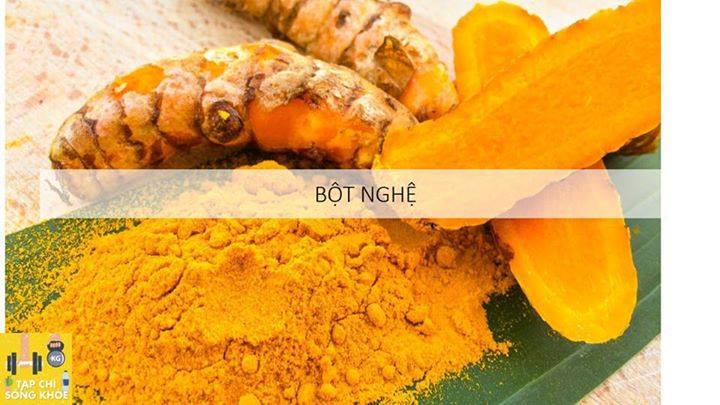
Natural salmon contains a rich source of Vitamin D, which helps reduce the risk of cancer. You can also get vitamin D from dairy products, or supplements.
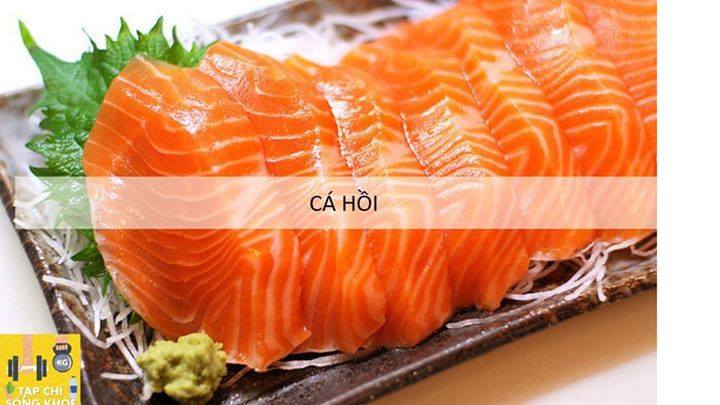
Beta-carotene is a powerful antioxidant found in orange and green leafy vegetables that have been shown to reduce the risk of cancer, especially of the lungs, colon and stomach. Premenopausal women who ate more vegetables and fruits containing beta-carotene, folate, vitamin C and fiber — like sweet potatoes — reduced their risk of breast cancer by 50 percent.
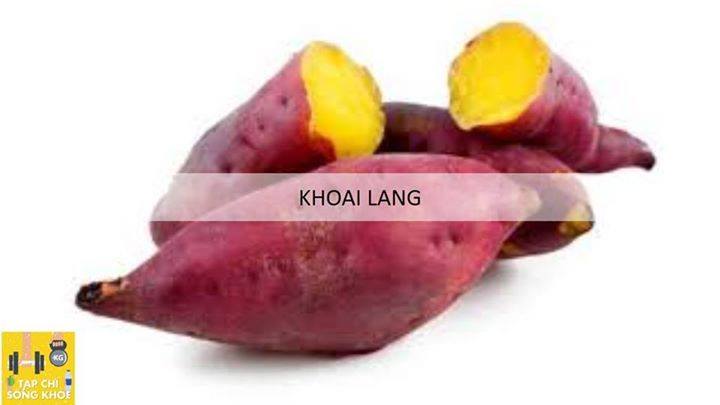
Some studies show that eating a diet rich in vitamin E reduces the risk of stomach, colon, lung, liver, and other cancers. Therefore, you should add vitamin E from foods like peanuts, peanut butter, almonds, almond butter, sunflower and nuts to your diet.








